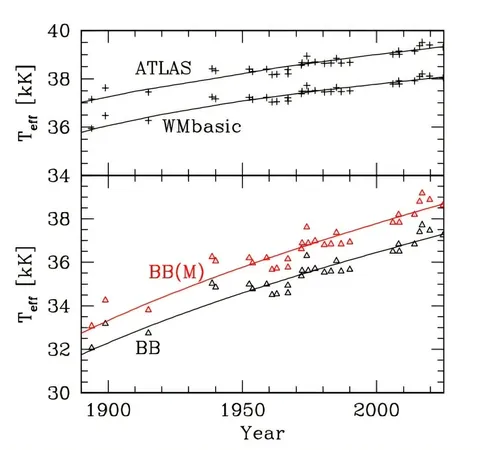
Breakthrough in Kidney Cancer Treatment: Benmelstobart Combo Outshines Sunitinib!
2025-09-05
Author: Mei
A New Hope for Kidney Cancer Patients
In an exciting development for the treatment of advanced clear cell renal cell carcinoma (ccRCC), a groundbreaking combination of benmelstobart (TQB2450) and anlotinib has shown significantly better progression-free survival (PFS) rates compared to the traditional treatment, sunitinib. This revelation comes from the pivotal phase 3 ETER100 trial, recently published in The Lancet Oncology.
Stunning Trial Results
The trial revealed remarkable efficacy, with participants monitored for an average of 22.8 months. A staggering 48% of those on the benmelstobart and anlotinib combo continued treatment, compared to just 21% on sunitinib. With progression of disease being the main reason for discontinuation, the median PFS was strikingly 19.0 months for the combo versus only 9.8 months for the sunitinib group.
Strong Survival Statistics
The reported findings show that at the one-year mark, 65% of patients receiving the innovative combination were still progressing, compared to 44% on sunitinib. This trend continued with 24-month PFS rates of 42% against 26%, emphasizing a promising direction for ccRCC treatment.
A Broader Impact Across Patient Groups
Subgroup analyses indicate that this combination therapy benefits various patient demographics, particularly those with a poorer prognosis and low PD-L1 expression levels. While overall survival (OS) data hasn’t matured yet, preliminary figures reveal that disease progression was a common cause of death in both groups.
Expert Insights on the Findings
Dr. Aiping Zhou, leading the research, emphasized the significant PFS enhancement and higher objective response rates (ORR) associated with this combination therapy, highlighting its manageable safety profile without alarming new side effects. These findings bolster the case for using benmelstobart and anlotinib as a potent and safe treatment approach for patients grappling with advanced ccRCC.
Breaking Down the Trial Structure
The trial involved 527 Chinese patients aged 18 to 80, all with untreated advanced ccRCC, and randomly assigned them to either the benmelstobart/anlotinib group (264 participants) or the sunitinib group (263 participants). Treatment protocols varied, with the combination group receiving 1200 mg of benmelstobart alongside daily doses of anlotinib for the first two weeks of each three-week cycle, while those in the control group were administered daily sunitinib.
Safety and Quality of Life Observations
Both treatment arms reported high rates of treatment-emergent adverse effects (TEAEs) at 99%. Serious cases were present in 75% of participants across both groups. However, it is essential to note that the health-related quality of life scores showed more favorable outcomes for those on the benmelstobart-anlotinib combination.
The Road Ahead for ccRCC Treatments
As the medical community looks forward to the full data release, the implications of this study are profound. With benmelstobart and anlotinib paving the way, there’s newfound optimism for effective therapies to combat advanced ccRCC, potentially reshaping treatment protocols for future patients.



 Brasil (PT)
Brasil (PT)
 Canada (EN)
Canada (EN)
 Chile (ES)
Chile (ES)
 Česko (CS)
Česko (CS)
 대한민국 (KO)
대한민국 (KO)
 España (ES)
España (ES)
 France (FR)
France (FR)
 Hong Kong (EN)
Hong Kong (EN)
 Italia (IT)
Italia (IT)
 日本 (JA)
日本 (JA)
 Magyarország (HU)
Magyarország (HU)
 Norge (NO)
Norge (NO)
 Polska (PL)
Polska (PL)
 Schweiz (DE)
Schweiz (DE)
 Singapore (EN)
Singapore (EN)
 Sverige (SV)
Sverige (SV)
 Suomi (FI)
Suomi (FI)
 Türkiye (TR)
Türkiye (TR)
 الإمارات العربية المتحدة (AR)
الإمارات العربية المتحدة (AR)